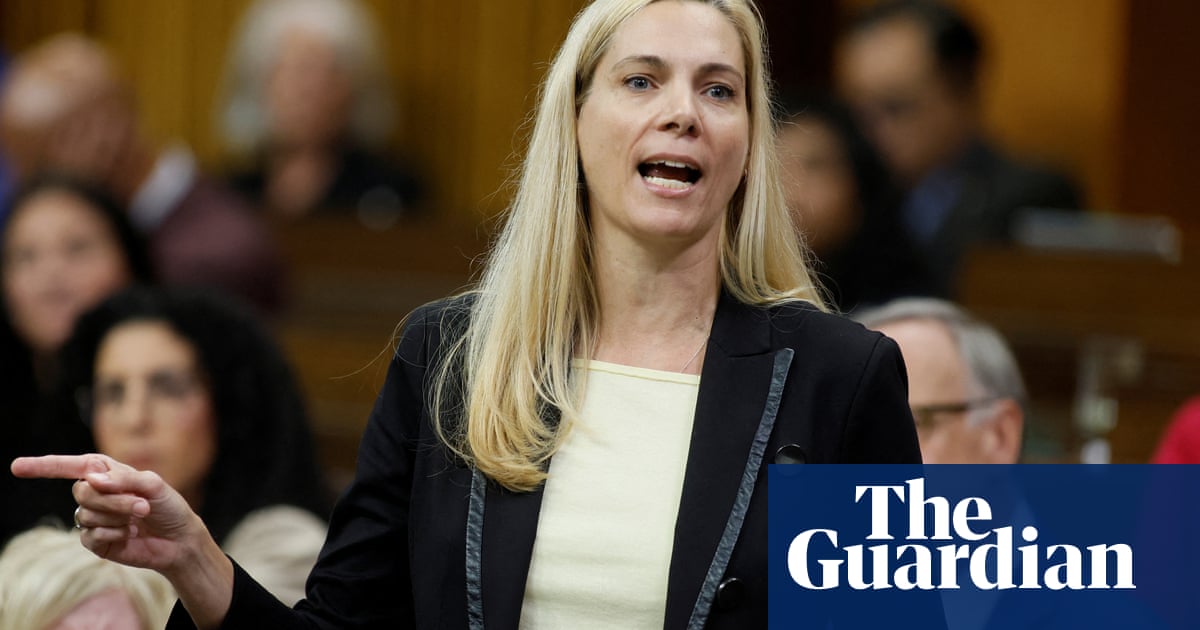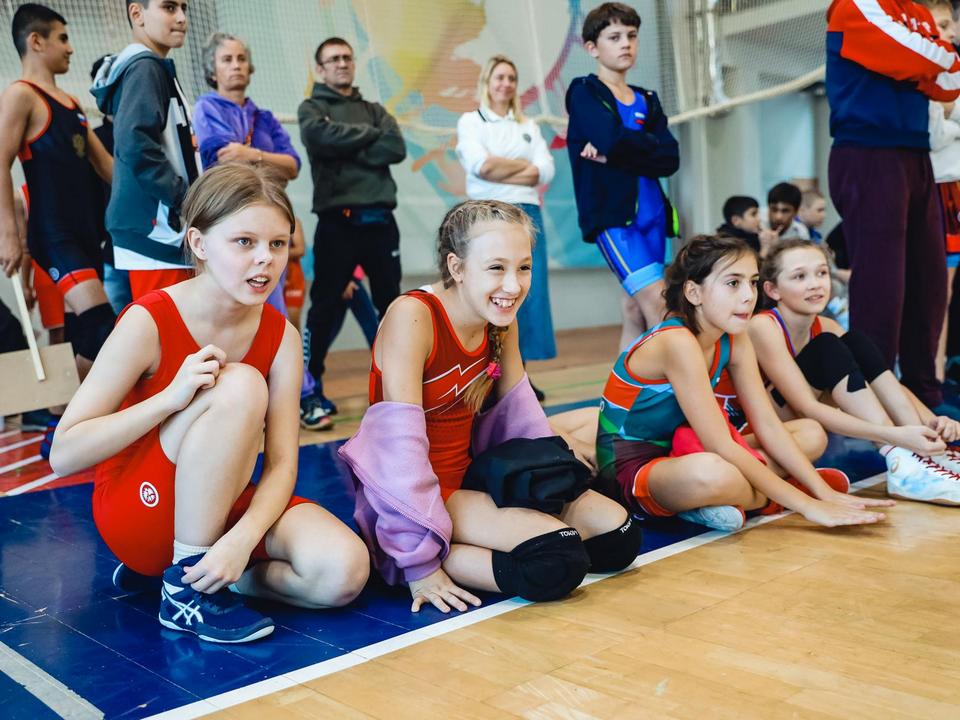Twelve months on from Canada’s worst-ever wildfire season unfolding during a news blackout on Facebook, the nation has warned Australia about Meta’s “reckless” behaviour during “need-to-know situations”.
An early start to Australia’s bushfire season is looming for swaths of the country, with large parts of Queensland and the Northern Territory, the south-west of Victoria and south-east corner of South Australia facing higher risk, according to an official assessment in September.
In August 2023, negotiations between the tech giant and Canada’s government broke down as Justin Trudeau’s Liberals doggedly pursued news bargaining deal C-18, known as the Online News Act – similar to the one struck in Australia in 2021 following a seven-day news blackout.
The breakdown in negotiations resulted in Meta blocking all news sources on Facebook in Canada “recklessly and dangerously” as all 10 provinces and three territories in the country burned, Canada’s heritage minister, Pascale St-Onge, told Guardian Australia.
“Facebook is leaving disinformation and misinformation to spread on their platform, while choosing to block access to reliable, high-quality, independent journalism,” St-Onge said.
“Facebook is just leaving more room for misinformation during need-to-know situations like wildfires, emergencies, local elections and other critical times for people to make decisions on matters that affect them.”
Misleading clickbait became prevalent as an area of 15m hectares – larger than England and 2.5 times the second-most destructive wildfire season in 1989 – burned across Canada, killing eight people and displacing hundreds of thousands.
A spokesperson for St-Onge said Facebook had “continued to block news recklessly and dangerously” as the nation entered into another wildfire season in June of this year.
“Canadians now can’t access or share vital information on social media at times when affected Canadians are checking in on loved ones and others are possibly evacuating,” the spokesperson said.
A plume of smoke rises as wildfires rage in Jasper national park in Canada on 14 August 2024. Photograph: L Neufeld/Parks Canada/Reuters
The Australian government is negotiating with Meta after it declined to renew deals made under the news media bargaining code to compensate news publishers for news carried on Facebook and Instagram.
The government may choose to designate Meta (force it into negotiations over compensation or face fines) which could prompt Meta to ban news altogether.
The communications minister, Michelle Rowland, said the government was considering advice about the code and would “have more to say in due course”.
“From local news and current affairs to vital emergency information, a significant and growing number of Australians use social media platforms to access news,” she said.
“Australians should have access to quality sources of information online, including trusted news brands. This is especially important during natural emergencies.”
skip past newsletter promotion
Get the most important news as it breaks
Privacy Notice: Newsletters may contain info about charities, online ads, and content funded by outside parties. For more information see our Privacy Policy. We use Google reCaptcha to protect our website and the Google Privacy Policy and Terms of Service apply.
after newsletter promotion
In June this year, Meta told a parliamentary inquiry into social media “all options are on the table” when asked if it would pull all news from Facebook if it it was designated. The parliamentary committee recommended in its second interim report the government should consider imposing a “digital platform levy” – a kind of big tech tax – on companies such as Meta and Google.
News content on Facebook in Australia has already become far less prominent, and Facebook removed its unsuccessful news tab.
Anthony Albanese has also raised the possibility of a levy, with the prime minister saying the social media companies shouldn’t get a “free ride”.
In early October, in response to questions on notice from the social media inquiry, Meta said only 3% of Facebook views were of news links, arguing that showed “access to news content is not the core reason people use Facebook” and that people could access news elsewhere.
It also argued it combated misinformation with factcheckers, safeguards and measures to reduce its spread and availability, and removed disinformation and harmful misinformation.
A spokesperson for Meta said there was “no change” to publishers’ ability to use Facebook, and no change to its Safety Check product, which allows users to let others know they are safe in a time of crisis.
Other features include “access to authoritative information, including content from official government agencies, emergency services and non-governmental organisations”, the spokesperson said.
Meta has also agreed to “help amplify official information for people in emergency situations like wildfires” and coordinate with the government to spread reputable information.
Prof Dan Angus, director of Queensland University of Technology’s Digital Media Research Centre, said Meta slowly deprioritising news might be undetectable to the average user.
“We’re creatures of habit … if all of a sudden tomorrow those platforms upend their algorithms and what content is featured, people might not necessarily know they need to change something because they’re not getting news in their feed any more,” he said.
**Considering Australia’s potential legislative action against Meta, what are the long-term implications for both news organizations and social media platforms if similar situations arise globally?**
## Interview: Meta’s News Blocking Practices – Learning from Canada’s Wildfire Crisis
**Themes:**
1. **Canadian Wildfires and Meta’s Response:** Examining the impact of Meta’s news blocking during Canadians’ wildfire crisis and the implications for emergency situations.
2. **Australia’s Approach and Potential Concerns:** Discussing Australia’s negotiations with Meta in the wake of the Canadian situation and the potential ramifications for Australian news and citizens.
3. **The Role of Social Media in News Dissemination:** Exploring the role of platforms like Facebook in disseminating emergency information and the potential consequences of reduced reliance on these platforms.
**Guests:**
* **Dr. Sarah Jones** – Media Studies Professor and expert on digital news consumption
* **Michael Carter** – Wildfire Disaster Relief Coordinator with a focus on community outreach and communication strategies
**Introduction:**
Welcome to today’s discussion, where we will be examining the recent events surrounding Meta’s operations in Canada and the potential consequences for Australia. The Canadian wildfires of 2023 highlighted the critical role of social media in sharing vital information during emergencies, prompting concerns about Meta’s decision to block news content during this critical time.
**Section 1: The Canadian Case Study:**
* **Dr. Jones, you’ve studied the relationship between social media and news dissemination for years. How significant was Meta’s decision to block news during the Canadian wildfires?**
* **Mr. Carter, your organization was on the front lines assisting communities during the wildfires. How did the lack of news access on Facebook impact your relief efforts and the ability of affected individuals to receive crucial updates?**
* **Dr. Jones, did Meta’s actions in Canada raise questions about the platform’s responsibility in disseminating credible information during emergencies?**
**Section 2: Australia at a Crossroads:**
* **Mr. Carter, Australia is facing a heightened risk of bushfires this year. What lessons can we learn from Canada’s experience as we navigate these potential crises in Australia?**
* **Dr. Jones, Australia is currently negotiating with Meta regarding their news bargaining code. Considering Meta’s actions in Canada, how might this situation play out for Australian news outlets and users? What potential dangers do you foresee?**
* **Mr. Carter, how important is it for Australians to have access to reliable news sources, particularly during emergencies? What alternative communication strategies could be implemented to ensure communities receive timely and vital information if Facebook news access is restricted?**
**Section 3: The Future of News on Social Media:**
* **Dr. Jones, some argue that Meta’s argument about users not primarily relying on Facebook for news holds weight. How do you see the role of social media evolving in terms of news consumption in the future?**
* **Mr. Carter, with the recognized importance of social media for community outreach and information sharing, how can governments and tech companies collaborate to ensure the responsible and ethical use of these platforms, particularly during emergencies?**
* **Dr. Jones, what steps can individuals take to ensure they remain informed and connected to reliable news sources, regardless of the actions taken by social media platforms?**
**Conclusion:**
Thank you both for sharing your insights on this complex and critical issue.
By examining the lessons learned from Canada and considering the challenges and opportunities presented by Australia’s situation, we can work towards fostering a more resilient and informed community in the face of future crises.


